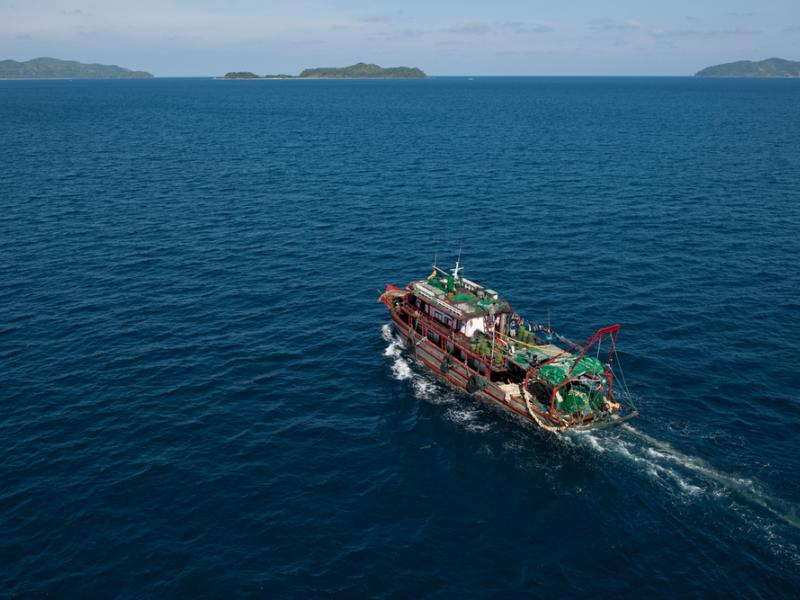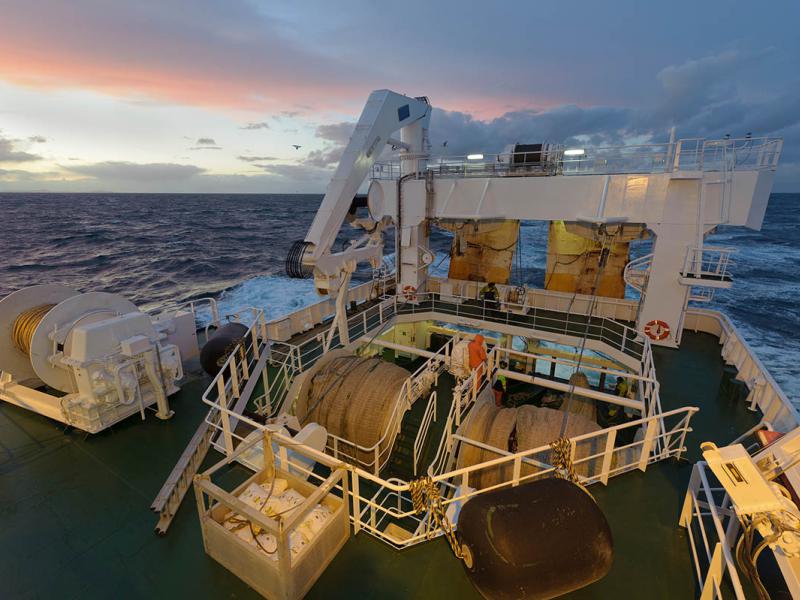It is estimated that more than three-quarters of the world’s fisheries are fully exploited or overfished. Unsustainable, destructive and illegal fishing practices are depleting wild fish stocks, destroying fragile marine habitats and putting marine species at risk of extinction.
Poor fisheries management, worsened by climate change, is the largest threat to ocean life and habitats – and to the billions of people around the world who rely on the ocean for their livelihoods.
In December 2022, Aotearoa New Zealand and other countries around the world signed up to the Kunming-Montreal Global Biodiversity Framework (GBF), a global treaty which aims to halt and reverse the loss of nature by 2030.
This treaty commits the nations of the world to the target of ensuring that industries, including fisheries, are managed sustainably. WWF works in New Zealand and globally to improve fisheries management and sustainability.

